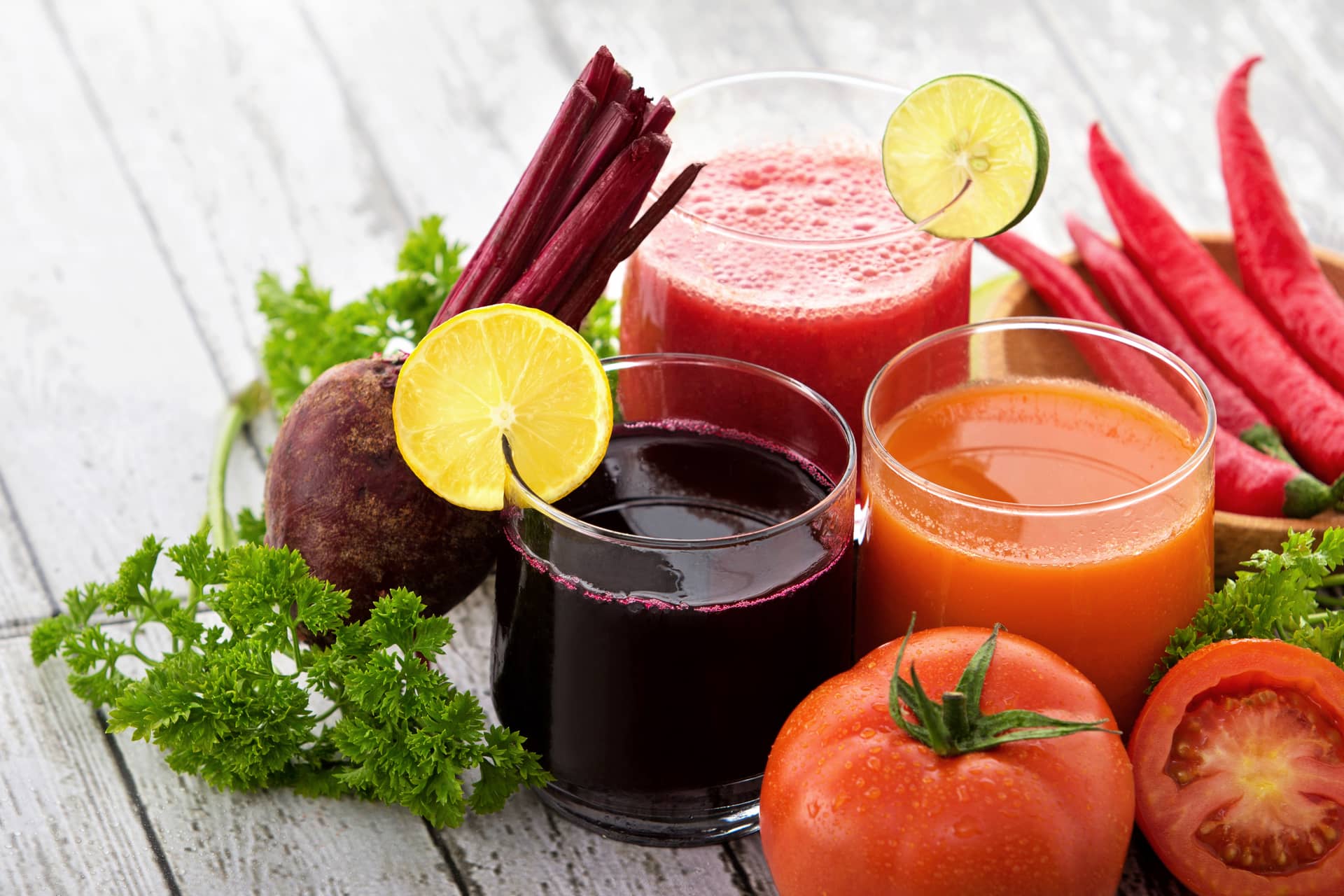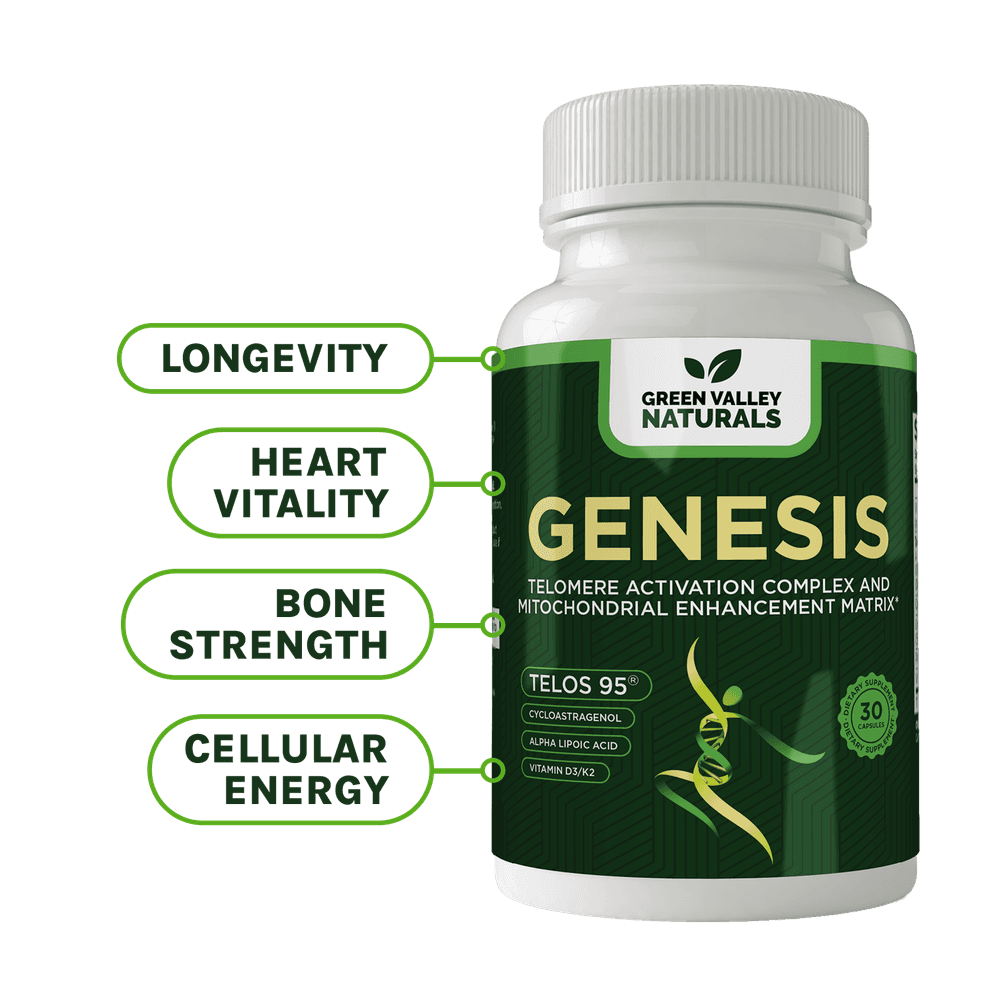
Key Takeaways
-
Glutathione levels naturally decrease with age, which contributes to cellular damage, chronic disease, and accelerated aging.
-
Adequate GSH levels support the immune system, protect against neurodegenerative diseases, and may increase lifespan by reducing oxidative stress.
-
Consuming protein-rich foods, antioxidant-rich vegetables, and avoiding toxins can help maintain GSH levels. Supplements and practices like meditation may also support GSH production.
Declining GSH linked to Alzheimer’s and Parkinson’s
Our intake of protein allows the body to make GSH from three non-essential amino acids, glutamate, cysteine and glycine. Young adults should be able to meet all their requirements from the food they eat, but as we age, the ability to meet our needs declines. This makes us more vulnerable to health problems and reduces the chance of living a healthy and long life. In 2015, Japanese scientists wrote that “Decreased GSH levels are associated with the common features of aging as well as of a wide range of pathological conditions, including neurodegenerative disorders.” They went on to say that GSH depletion appeared to be critical in the onset of Parkinson’s disease. In fact, virtually every type of brain injury, disease or disorder is accompanied by reduced GSH levels in the brain, including Alzheimer’s. That’s why a number of researchers suggest that both the cause and progression of this disease is mainly due to a lack of brain antioxidants. The rest of the body ages much like the brain. GSH levels drop in the liver, lungs, heart, and eyes, increasing the risk of health problems in each of these organs.GSH protects against the aging process
There is a very reliable link between GSH levels and lifespan. Studies in both insects and mammals show that it’s possible to extend life by 20% to 40% just by boosting deficient levels of GSH.Boost your GSH
Apart from ensuring adequate protein intake, one way of improving GSH status is to decrease its workload. Anything that reduces the body’s burden of toxins – for example, eating more organically grown food — will assist in this process. Lab studies suggest broccoli, cauliflower, Brussels sprouts, cabbage, beets, parsley, and turmeric may raise levels. 500 mL (a little under a pint) of alcohol-free beer a day raised red blood cell GSH by 29% in one human study. Raw milk and whey protein also boost GSH. In one study, practitioners of meditation had 20% higher levels.Our Takeaway
Summary
Glutathione (GSH) is a powerful antioxidant produced within the body, essential for neutralizing toxins, boosting immunity, and combating aging. As we age, GSH levels decline, increasing susceptibility to diseases like Alzheimer’s and Parkinson’s. Maintaining optimal GSH levels can reduce oxidative stress, protect organs, and may even extend lifespan. While GSH can be synthesized from protein intake, factors like diet and lifestyle significantly support its production Consuming antioxidant-rich foods, reducing exposure to toxins, and potentially supplementing with GSH can help preserve health and longevity.
Frequently Asked Questions
What is glutathione (GSH)?
Glutathione is a powerful antioxidant produced in the body that protects cells from damage, supports immunity, and slows aging.
How does GSH help prevent diseases?
By neutralizing free radicals and reducing oxidative stress, GSH helps prevent damage linked to diseases like Alzheimer's, Parkinson’s, and heart disease.
Why do GSH levels decline with age?
GSH production relies on certain amino acids, which become less available or harder to absorb as we age, leading to lower GSH levels and increased health risks.
What foods help boost GSH levels?
Foods like broccoli, cauliflower, Brussels sprouts, and whey protein support GSH production. Eating a balanced diet and avoiding toxins also helps.
Can supplements effectively increase GSH?
Yes, GSH supplements and certain lifestyle choices, such as consuming raw milk or practicing meditation, can help raise GSH levels and support overall health.
- https://www.ncbi.nlm.nih.gov/pubmed/9670869
- https://www.ncbi.nlm.nih.gov/pubmed/26845022
- https://www.ncbi.nlm.nih.gov/pubmed/26467067
- https://www.ncbi.nlm.nih.gov/pubmed/17911365
- https://www.ncbi.nlm.nih.gov/pubmed/2692897
- https://www.ncbi.nlm.nih.gov/pubmed/7730904
- https://www.ncbi.nlm.nih.gov/pubmed/18947976
- https://www.ncbi.nlm.nih.gov/pubmed/18222135

